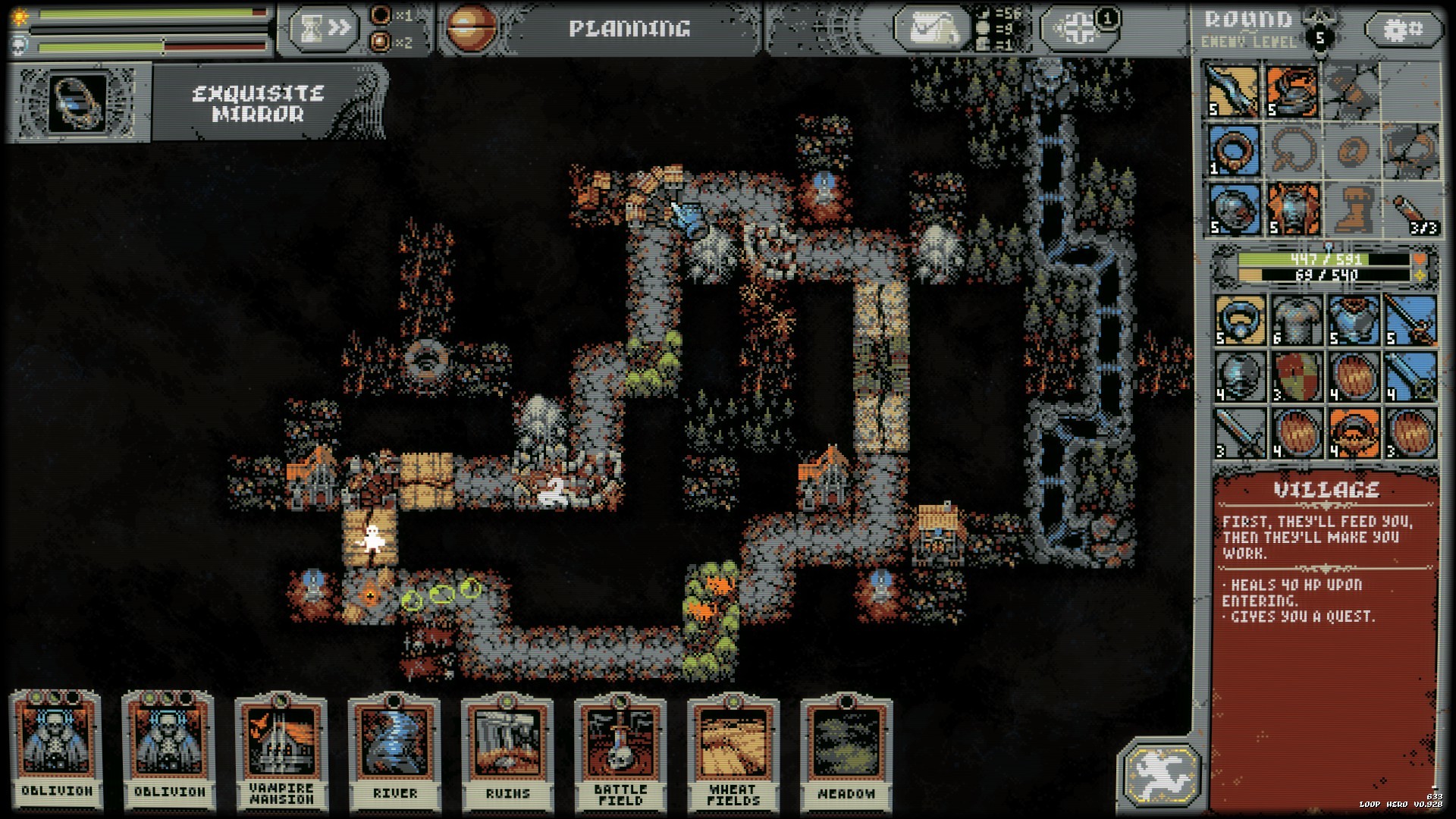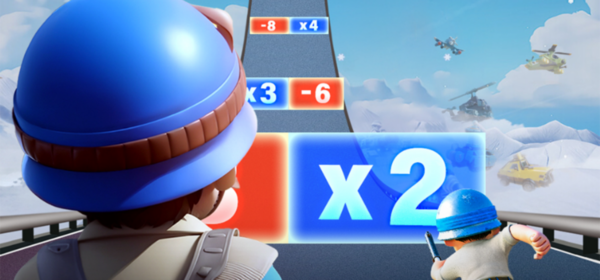The impact of large demos on the findability of games on Steam on the example of Loop Hero and The Riftbreaker
Developers often make demos for Steam short in order to give players only a basic idea of the project and mechanics. However, some almost do not limit users by time, allowing them to play trial versions for hours. Excellent examples are the demos of Loop Hero and The Riftbreaker, which showed the effectiveness of such a strategy and interested the hardcore audience even before the release.Loop Hero
In January, gaming expert Simon Carless wrote a big column about prologues and their impact on sales and adding to vishlists.
Then he came to the conclusion that the best option is to make the prologue short, but polished and accessible for a limited time.
However, this time Carless decided to look at the situation from the other side and study a number of exception games. The examples listed below show in which cases a long prologue or demo can be effective. The full Carless column can be read here.
In February, publisher Devolver Digital asked Twitter followers how much time they spent in the Loop Hero demo. Most of them played for only a few hours, but one of the users replied: “160 hours.”Such a spread in time is associated with the basic mechanics — relatively small “gameplay cycles” that can be repeatedly passed in different ways. As a result, the Loop Hero demo became a big hit of the Steam Winter Festival, arousing great interest in the project from users and streamers.
A few weeks before the release, Devolver Digital removed the demo version from the store. However, users who tried out Loop Hero gameplay provided the game with good starting sales. This is due to the fact that the players were very fascinated by the basic mechanics and they wanted to get even more content.The RiftbreakerAnother example of this approach is The Riftbreaker, a survival game with elements of action RPG and base construction.
The only difference is that the EXOR Studios project has both a demo and a full-fledged prologue, which are available on an ongoing basis.
The game is scheduled for release in 2021, but it is already on the 23rd place (out of 5000) in terms of the number of vishlist in the list of projects not yet released on Steam. The prologue and demo are virtually identical, but they exist in the store on separate pages. According to studio co-founder Pawel Lekki, this increases the visibility of The Riftbreaker.
Now the EXOR Studios game has been downloaded 415 thousand times — 170 thousand downloads from the demo and 245 thousand from the prologue. On average, users spend 1.5-2 hours in them, but there is a separate group of players who have played the demo for more than 200 minutes. The clock counter of one of the users has completely exceeded 750 (!) hours.
Lecky notes that The Riftbreaker has 34.5 thousand such hardcore fans. They communicate in Discord, send feedback to developers and even create mods for demos and prologues. “I think demos are a great way to create and rally a community of superfanates,” says Lecky.
Now EXOR Studios plans to add UTM tags to the add to vishlist button. A new tool for Steam will allow the studio to better analyze the effectiveness of the chosen strategy and track interest in The Riftbreaker.
Carless compares such demos and prologues with early access. If executed correctly, they can interest thousands of users even before the release and increase the game’s findability and visibility in the store.
The examples of Loop Hero and The Riftbreaker show that the prologue/demo can be both long and effective. To do this, they must present an exciting (but relatively short) “gameplay cycle”. Of course, this does not work with all genres and is more suitable for games focused on multiple playthroughs.


